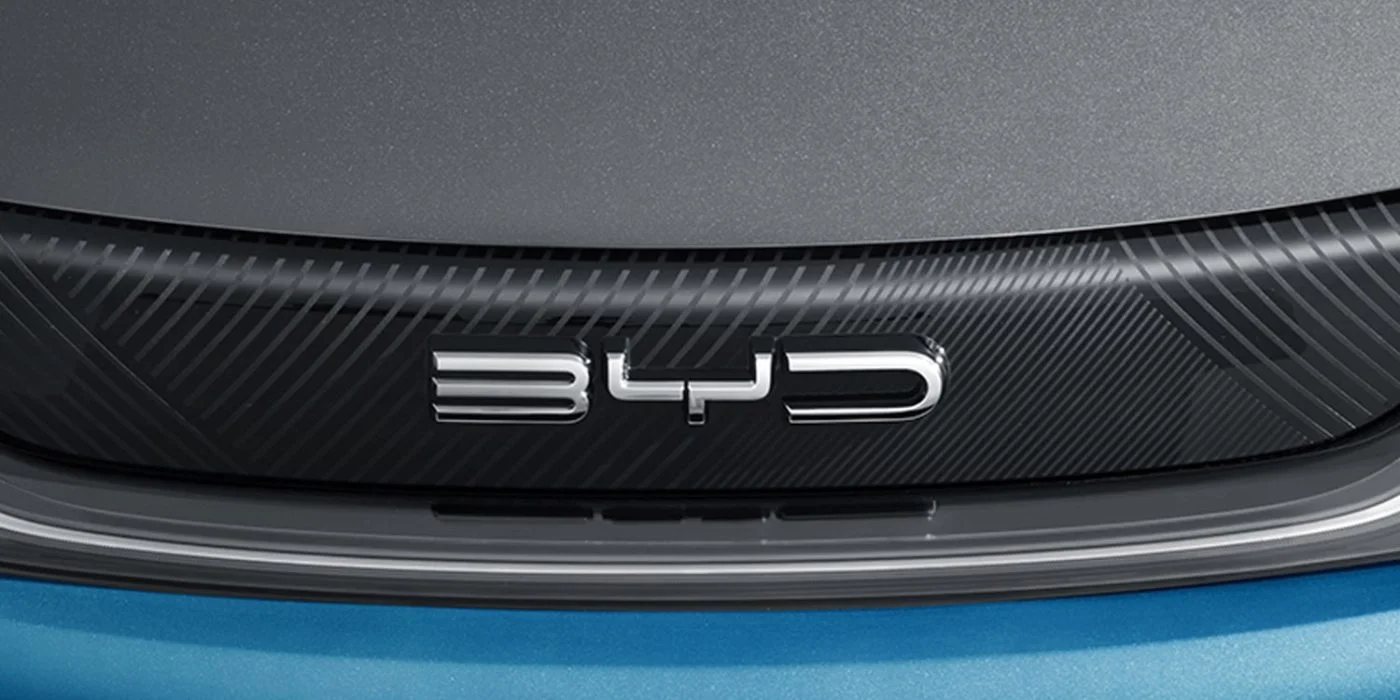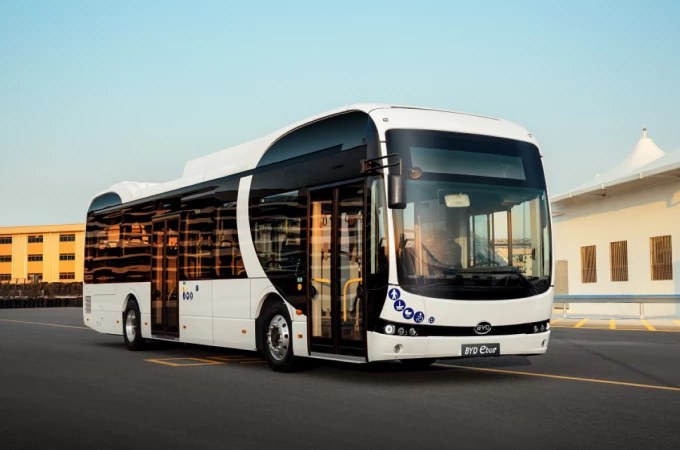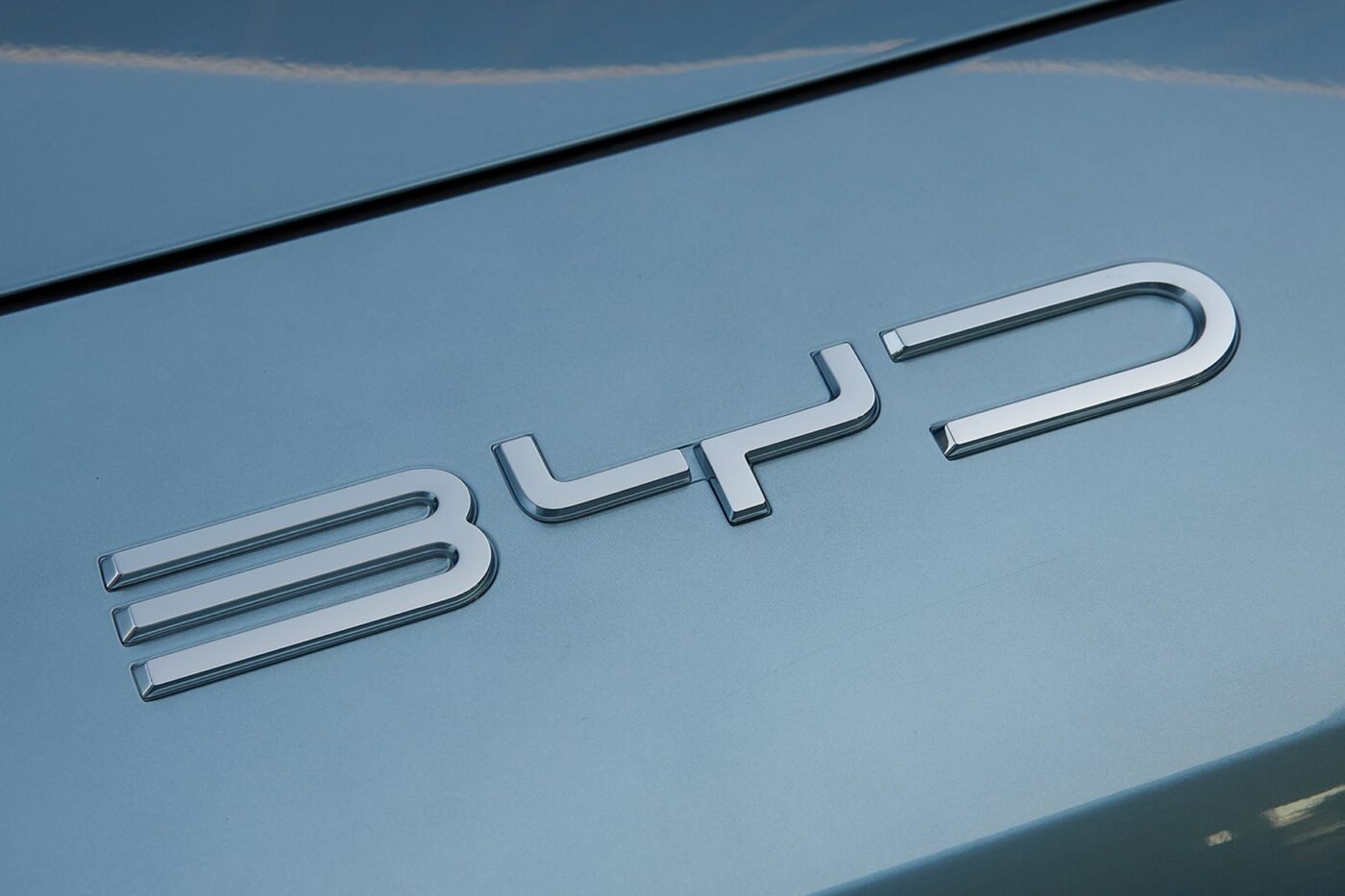Thai authorities are investigating BYD’s dealers following consumer complaints over aggressive discounting tactics in a crucial international market for the Chinese EV giant, which have left some buyers dissatisfied with their purchase prices. The probe was initiated by the office of the Thai Prime Minister, instructing the country’s consumer protection agency to take action after a customer alleged misleading pricing practices.
According to a government statement, the investigation stems from a complaint where a BYD customer claimed a sales representative had indicated prices would rise post a discount campaign, only for the dealership to subsequently slash prices further. BYD officials in Thailand and Rever Automotive, its sole distributor with over 100 dealerships, have not responded to requests for comment from Reuters.
“We have called the dealers to come in this week to clarify why they cut prices further and how they plan to find a solution for customers,” stated Passakorn Thapmongkol, a senior official at the Consumer Protection Board, in an interview with Reuters.
Similar grievances were voiced on a BYD owners’ group on Facebook, with one user posting, “The salesperson said that prices would increase after the motor show, but in the end, it was really reduced.”
Thailand represents BYD’s largest overseas market and accounted for 46% of the country’s EV market share in the first quarter of the year, positioning the company as the third-largest player in the overall passenger car segment with a share of approximately 9%, as per Counterpoint research.
Competitors in the Thai EV market include Great Wall Moto and Tesla. BYD is set to inaugurate its first EV production facility in Southeast Asia, located in Thailand’s Rayong province, with plans to invest around $490 million to produce 150,000 cars annually.
Currently, BYD offers four models in Thailand priced between 699,999 baht and 1.59 million baht ($19,000 to $43,200), according to Rever’s website. The rise of EV sales in Southeast Asia, led by BYD and Vietnam’s VinFast, has seen significant growth, outpacing traditional gasoline engine models from Japanese and Korean manufacturers.







